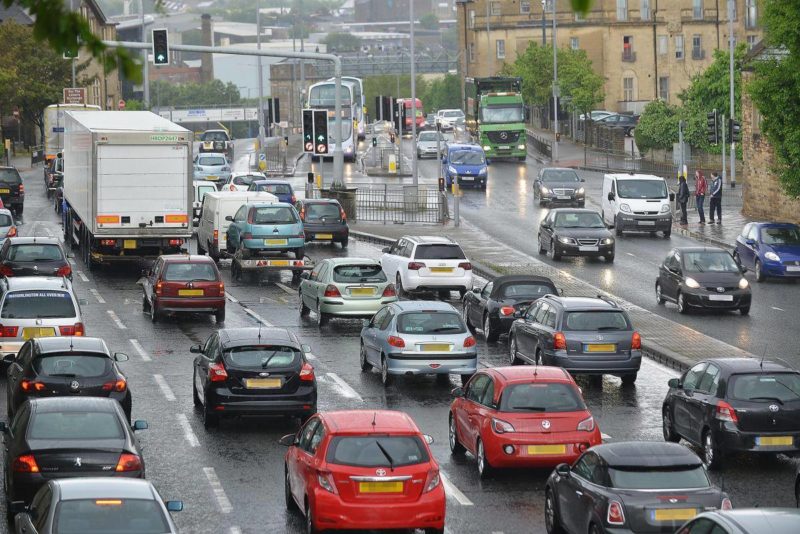
In 1989 the government published a white paper titled ‘Roads for Prosperity’, signalling a huge expansion in the UK’s road network in support of what Margaret Thatcher had called ‘the great car economy’. That Margaret Thatcher should have shown such reverence for cars while simultaneously deriding and undermining public transport is no coincidence. The car is in many ways the ultimate form of privatisation. At an obvious level it privatises travel for the individual but the effects on society and the economy of this privatisation are more widespread.
The car played an important role in the twentieth century, liberating many and contributing to social mobility. However, the car is much more than a tool. It has become the ultimate expression of individualism in a consumerist society. The motor industry has played relentlessly on this, to the extent that vehicles are no longer marketed on the basis of their efficiency, performance, or effectiveness as a tool but as a kind of lifestyle statement – something to be ‘seen in’. The car is aspirational. It is cool. Sharing space with friends, neighbours and colleagues on public transport is, by definition, not cool.
In individualist mode, the driver is focussed solely on getting from A to B. At its worst, this means that there is just A and there is just B. Everything else is just in the way. This is the source of many of the mistakes we have made in transport planning over many decades. Wide, fast roads have been smashed through urban areas, impenetrable to pedestrians except for the occasional miserly crossing or dank underpass. A focus on catering to drivers at the expense of everything else has damaged society, yet the response of many is still to clamour for more and bigger roads.
The impact of traffic on society is far from trivial. A study from Bristol in 2008 showed how the ‘great car economy’ has decimated social cohesion and wellbeing by mapping interactions between neighbours on streets with high, medium and low levels of road traffic. The severance effect of traffic was extremely clear. Quieter streets had a dense web of relationships between neighbours and a strong sense of togetherness. Major roads were revealed to have a starkly impoverished social network with low levels of trust and increased levels of isolation and anxiety. This is to say nothing of the health impact of the dismal air quality experienced daily in many urban areas.
Our communities have suffered in other ways. Where we once walked or caught a bus to local shops, we now have goods brought to us or drive considerable distances to soulless identikit retail parks. Dominated by huge chains whose tax affairs are often opaque to say the least, these businesses offer no benefit to society beyond a small number of low paid, insecure jobs. The independent shops that were the heart of the local economy have been left to wither. Most have gone. Where we once encountered friends and neighbours in local parks, we now drive to the countryside for leisure and drive our children to expensive private play venues.
Meanwhile public transport continues to decline in urban areas, with bus services in danger of entering a terminal spiral in which falling patronage and reduced support for socially necessary services leads to rising fares and further falls in demand.
In government, Labour will act to address these problems. We will invest to rebuild our local economies in a way that benefits citizens above corporations. Our rail system will be returned to public ownership, placing passengers above profit. Councils will be empowered to take back control of bus services for the benefit of their communities. We will invest in the design and manufacture of low emission vehicles, pass new Clean Air legislation, and encourage and enable people to get out of their cars for better health and a cleaner environment.
Stephen Blundell, Shipley Branch July 2018
Please note that member blog posts do not necessarily represent national or local Labour Party policy.

